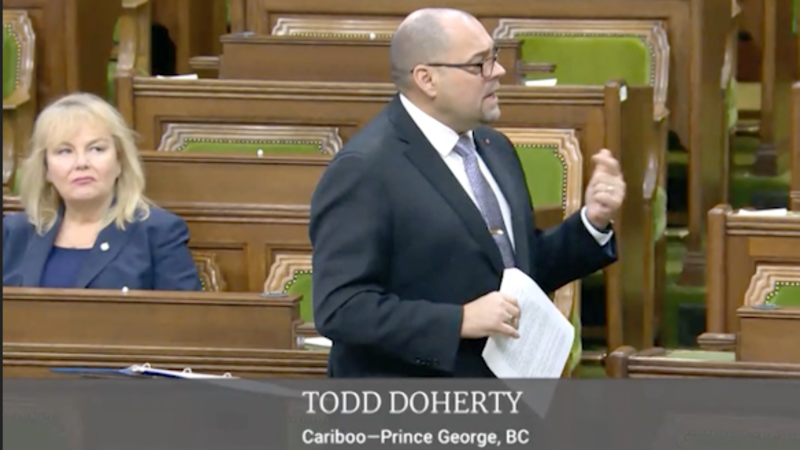
Federal funding for suicide hotline applauded
.
PRINCE GEORGE – It’s has been a few years in the making. A Private Members Bill from Cariboo-Prince George MP Todd Doherty to create a suicide prevention hotline. 9-8-8. Its genesis stemmed from a similar bill he successfully presented expanding those who could receive care with Post Traumatic Stress Disorder.
“There was a meta-study done a couple of years ago which shows that these types of crisis lines are actually very effective in reducing the numbers of suicides,” says Glen Schmidt. “But it’s really a double-edged sword because while the money is going to the operation of the the the 98 system, there really isn’t any money going to the community resources that are needed.”
